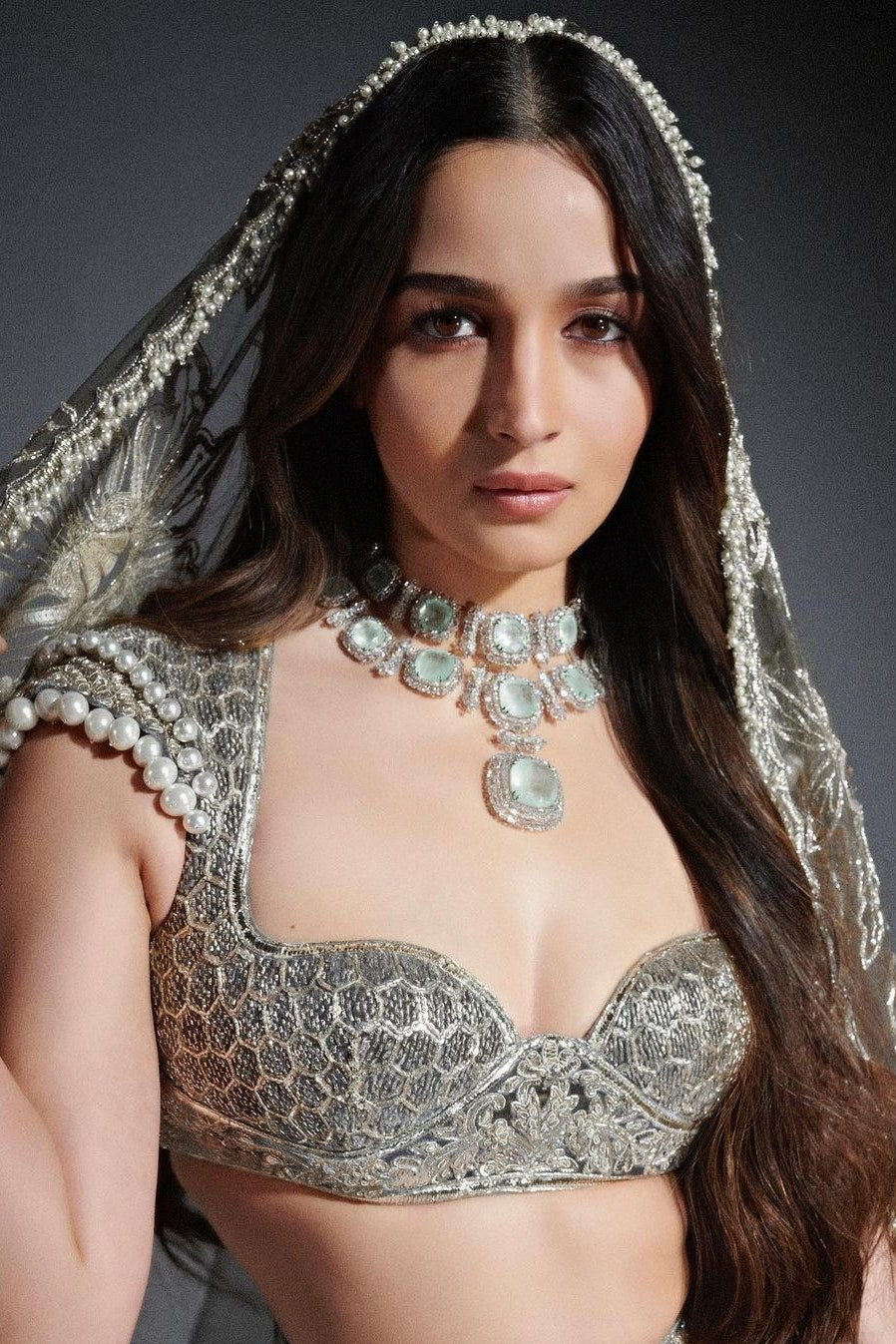
Unraveling the Rich Tapestry: Indian Heritage and Embroidery History
Introduction

India, a land steeped in history and culture, boasts a rich heritage that spans thousands of years. One of the most captivating facets of this heritage is its intricate and exquisite embroidery traditions. In this article, we embark on a journey through time, exploring the fascinating history of Indian embroidery.
The Ancient Origins of Indian Embroidery
Early Evidences
Embroidery in India dates back to ancient times, with archaeological finds revealing intricate textile work from as early as the Indus Valley Civilization (approximately 3300–1300 BCE). These discoveries bear testament to the artistry and craftsmanship of our ancestors.
Influence of Dynastic Periods
As centuries passed, various dynastic periods such as the Maurya, Gupta, and Mughal eras witnessed the refinement and diversification of embroidery techniques. Each dynasty contributed its unique style, further enriching the tapestry of Indian embroidery.
Regional Diversity in Embroidery Techniques
Kantha: The Art of Storytelling
Originating from West Bengal, Kantha embroidery is a distinctive style characterized by its running stitch patterns. Traditionally, Kantha textiles were crafted from repurposed old sarees, infusing new life into these cherished fabrics.
Phulkari: Blossoms in Thread
Punjab, in northern India, is renowned for its vibrant Phulkari embroidery. The name itself, which translates to 'flower work', reflects the exuberant floral motifs that adorn the fabric. This lively art form has been passed down through generations, a testament to its enduring popularity.
Chikankari: Elegant Whispers
Hailing from the heartland of Uttar Pradesh, Chikankari is an embroidery style celebrated for its delicate and intricate white-on-white thread work. This timeless craft graces a wide range of apparel, from sarees to kurtas, exuding an aura of understated elegance.
Zardozi: The Golden Thread
Zardozi, a Persian term meaning 'gold embroidery', found its way into India during the Mughal period. This opulent craft involves the use of metallic threads and embellishments, creating garments fit for royalty. Today, it continues to adorn bridal trousseaus and regal ensembles.
Evolution and Contemporary Significance
Fusion of Traditions
In the modern era, Indian embroidery has evolved to incorporate contemporary elements while preserving its cultural essence. Designers and artisans are constantly pushing boundaries, creating pieces that seamlessly blend tradition with innovation.
Global Impact
Indian embroidery has transcended geographical boundaries, captivating fashion enthusiasts worldwide. Its influence can be seen on international runways, as designers incorporate Indian-inspired elements into their collections.
Preserving a Priceless Legacy
In a rapidly changing world, it is imperative to safeguard our cultural heritage. Organizations and initiatives are dedicated to preserving and promoting the art of Indian embroidery, ensuring that future generations can continue to revel in its splendor.
Conclusion: Threads That Bind Generations
Indian embroidery stands as a testament to the enduring creativity and artistry of a culture that spans millennia. From ancient civilizations to modern runways, its influence remains palpable. By delving into the history of Indian embroidery, we not only appreciate its aesthetic beauty but also honor the artisans who have passed down this remarkable legacy.
Leave a comment
Comments will be approved before showing up.
Also in News

Indian wedding in 2023 - Fashion trends
"As we move into 2023, the fashion world is looking forward to some exciting trends in Indian wedding wear. From vibrant colors to unique patterns, this year is all about making a statement and standing out from the crowd. Gone are the days of sticking to traditional colors like red, gold, and white. In 2023, we can expect to see brides and grooms experimenting with bold and bright colors like neon greens, pinks, and oranges. These bold colors will be incorporated into everything from lehengas and saris to sherwanis and suits. Embroidery has always been an essential part of Indian wedding wear, but in 2023, we can expect to see it take center stage. From intricate zardozi work to delicate thread embroidery, every piece of clothing will be adorned with stunning details."



Desi Royale Team
Author